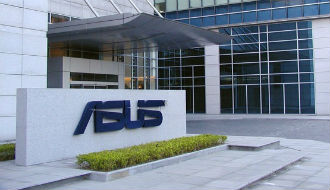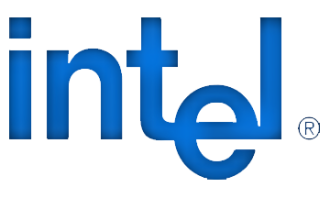 Britain’s Interoute, a high-capacity data network and corporate cloud services provider, is knocking on the doors of private equity investors to fund acquisitions across Europe and the United States.
Britain’s Interoute, a high-capacity data network and corporate cloud services provider, is knocking on the doors of private equity investors to fund acquisitions across Europe and the United States.
Aleph Capital Partners, a UK investment firm headed by former Goldman Sachs European private equity investment chief Hugues Lepic, and Crestview Partners, a U.S. private equity firm founded by ex-Goldman colleagues, have agreed to buy a 30 percent stake in London-based Interoute.
Aleph is allowed to make investments that range from 100 million to 400 million euro so it could be anywhere in that price range. The deal is expected to close in April, it said.
The deal is Aleph’s first since it was set up two years ago, is a share purchase deal to buy out shareholder Emirates International Telecommunications (EIT), part of a conglomerate owned by the ruler of Dubai, which has been looking to pare debt.
Privately held Interoute is majority-owned by Switzerland’s Sandoz Family Foundation.
Interoute wants the cash to build out its network of datacentres and cloud computing services linking around 124 cities across Europe, as it seeks to more than double revenue to 1 billion euros in five years.
Interoute Chief Executive Gareth Williams told Reuters that the change in the shareholder structure means that “instead of being considered potential prey, we can now turn to being one of the predators”.
The pan-European network operator hopes to stick its foot in the door where there are highly fragmented markets. Currently s quarter of European data traffic flow over its networks and datacentres in 24 countries. It also has datacentres in key Asian and US locations.
The London-based company said it had 425 million in revenue in 2014, up two percent from the year earlier. Core earnings rose slightly to 93 million euros, while free cash flow grew to $25 million, reversing a shortfall of 20 million euros in 2013.
Sixty percent of revenue comes from providing computing, voice and video communications services over its networks to corporate customers such as the European football association and Coca-Cola.
The other 40 percent comes from its older business wholesaling raw network capacity to interconnect European telecom network operators and Internet services such as Google and Facebook.
 Hon Hai – a Taiwanese firm also known as Foxconn, said that its fourth quarter profits rose to $1.8 billion on the back of the success of Apple’s iPhone.
Hon Hai – a Taiwanese firm also known as Foxconn, said that its fourth quarter profits rose to $1.8 billion on the back of the success of Apple’s iPhone.


















